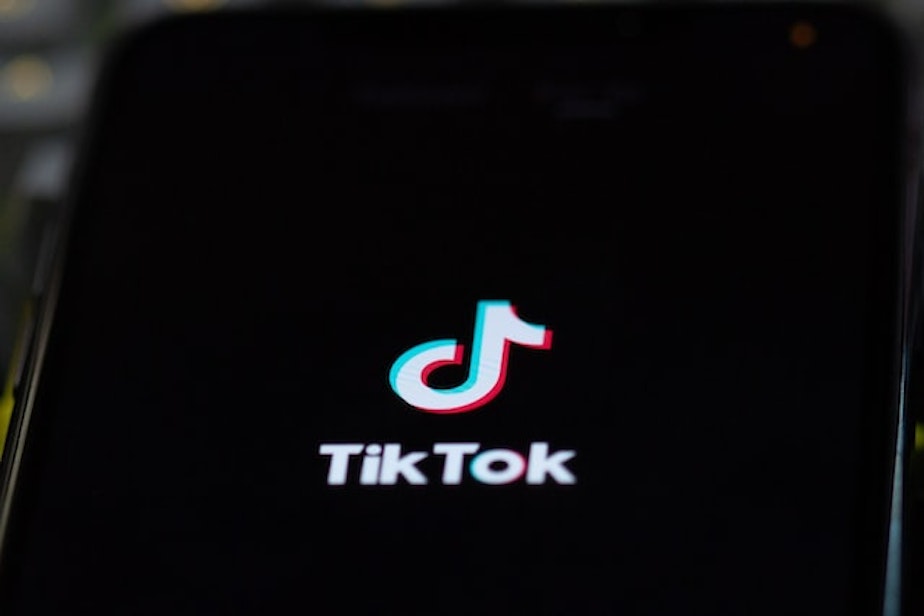Could the U.S. ban TikTok for everyone?

On Friday, Seattle Public Schools announced a sweeping lawsuit against several social media giants. The district is claiming that YouTube, Facebook, TikTok, Instagram, and Snapchat have caused financial and operational harm because of their addictive nature.
But concerns with social media extends past how addictive it is. ByteDance, the company that owns TikTok, is based in Beijing, and many U.S. officials worry that the user data it collects could be misused. That's led many states to ban the app on government devices, and some legislators want to take it a step further.
Seattle Public Schools argues in its lawsuit that social media addiction has contributed to a mental health crisis among children. The 90-page complaint comes after the 2021 congressional testimony of Facebook whistleblower Frances Haugen, who revealed that social media giants purposefully skewed content so children and teens would engage with their sites for longer.
"Seattle Public Schools is saying that the mental health crisis, that they allege is directly caused by the social media giants, has caused a wide variety of resources — counseling, mental health services — to be required to be presented and provided by the school district," said Todd Bishop, co-founder and reporter at GeekWire.
Bishop says there are two leaps the district will have to make to solidify their case. The first will be proving that social media companies are creating a youth mental health crisis; the second will be showing the direct and measurable impact of that crisis on Seattle schools.
A key battle will take place over the oft-cited Section 230 of the Communications Decency Act, which treats social media companies as platforms and not publishers, absolving them of responsibility for content that people post on their sites.
Seattle Public Schools argues that these sites are breaking the public nuisance laws of Washington state, an argument schools made in previous litigation against Jewel Labs and e-cigarette companies. The district is seeking compensation to fund a long-term plan to reduce rates of anxiety, depression, suicidal ideation, and other signs of a youth mental health crisis.
Sponsored
Listen to Todd Bishop's full breakdown of the lawsuit by clicking the audio below.
GeekWire's Todd Bishop on the SPS lawsuit
TikTok's future
Security is a primary concern among government agencies across the nation when it comes to social media sites and how long users are spending on them.
At least 19 states have banned the use of TikTok on government devices, citing security concerns with ByteDance. Soundside got confirmation from Washington Technology Solutions that the state is currently reviewing use of the app, though they haven't reached any decisions on tighter restrictions of the social media giant.
Sponsored
Meanwhile, President Joe Biden recently approved a ban of TikTok on the vast majority of federal government devices. Some lawmakers are even pushing for a nationwide ban, but whether anything will come from it isn’t clear.
This isn’t the first attempt to ban TikTok. In 2020, former President Donald Trump mandated that TikTok be sold to a U.S. company as a way to solve security concerns with the Chinese government. Today, TikTok is still owned by ByteDance, and the Biden administration is searching for similar workarounds, such as housing U.S. user data on local cloud servers.
What do all these recent actions mean? Are they just political theater, or is there real potential for the U.S. to pull the plug on one of the world’s most popular social media apps?
Soundside spoke with Ryan Calo, professor of law at the University of Washington, about why TikTok is garnering national attention and scrutiny.
Listen to Soundside's full conversation with Ryan Calo by clicking the audio below.





